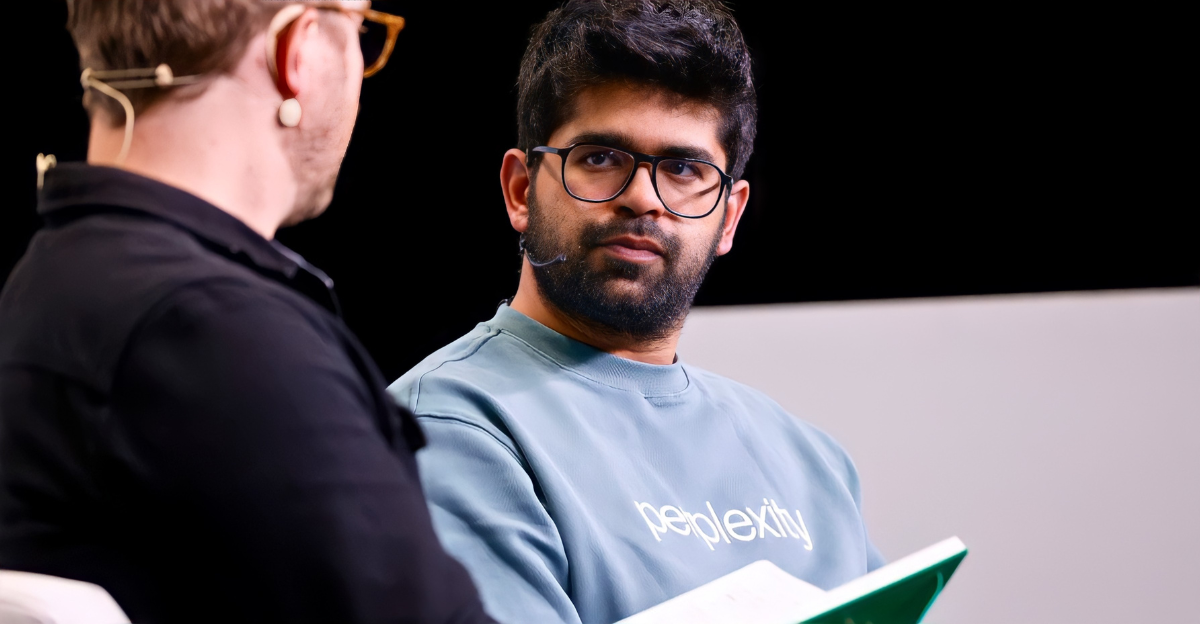
On Aug. 12, 2025, San Francisco-based AI search startup Perplexity stunned Silicon Valley by making an unsolicited $34.5 billion all-cash offer for Google’s Chrome browser.
The bid was nearly double Perplexity’s own $18B valuation, immediately recasting the three-year-old company as a dark horse in tech’s biggest antitrust drama.
Perplexity’s pitch came out of the blue – the team says multiple venture backers lined up to finance it – and it far exceeds the funds the AI startup has raised to date.
If taken seriously, such a deal would instantly rearrange the online search landscape. (Google’s PR team declined to comment on the offer at the time.)
Regulatory Crosshairs
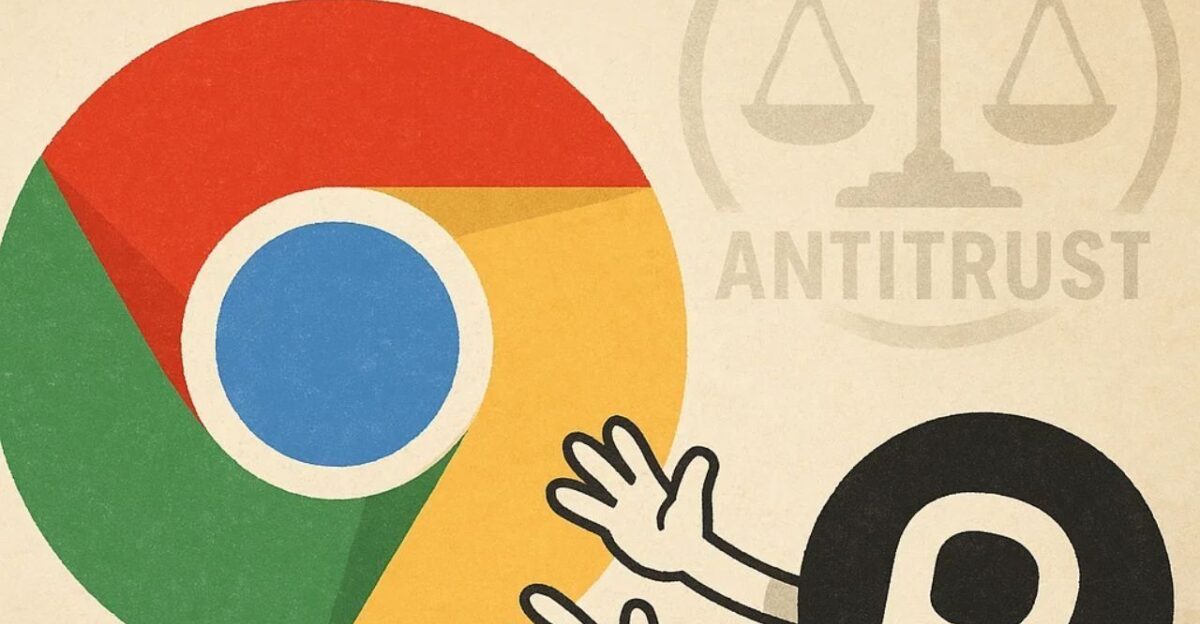
The timing is critical: U.S. District Judge Amit Mehta is about to rule on remedies in Google’s recent antitrust loss. The DOJ is pushing him to break Google’s search monopoly by forcing the sale of Chrome.
Prosecutors argue Google illegally locked in default search deals – for example, paying Apple roughly $20 billion a year – so that Google Search is pre-set on hundreds of millions of iPhones and Android devices.
Those exclusive agreements “boxed out” rivals, state filings say, keeping Google at nearly 90% of all searches.
Forcing Google to sell Chrome would, DOJ lawyers contend, give competitors a chance at the browser “gateway” through which billions access search.
Search Dynasty
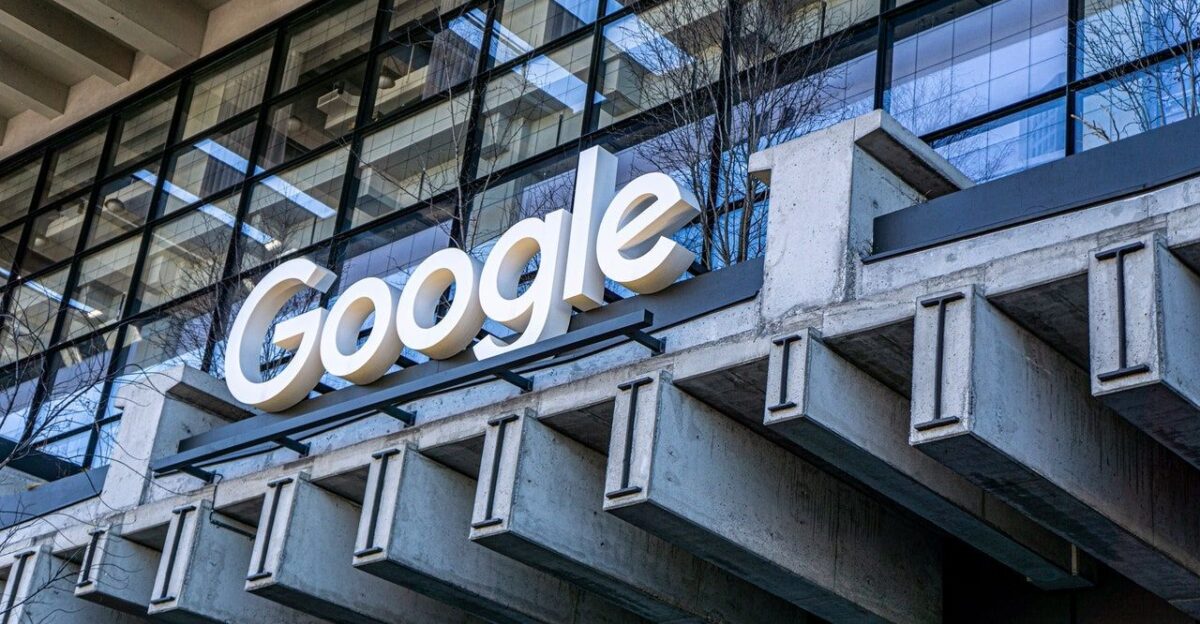
Google grew from a Stanford project to dominate search, and Chrome is its crown jewel. Launched in 2008, Chrome now commands roughly two-thirds of the global browser market share.
It has over 3 billion users worldwide (well over a third of all internet users).
Chrome’s integration with Android and deep partnerships around the globe (notably in Europe and Asia) made it the primary gateway to the internet for much of the world.
Chrome isn’t just a browser – it’s Google’s primary conduit for search, giving the company massive data on how people browse, which in turn fuels its $300+ billion ad business.
Losing Chrome would cut Google off from its richest stream of user data.
Mounting Pressure
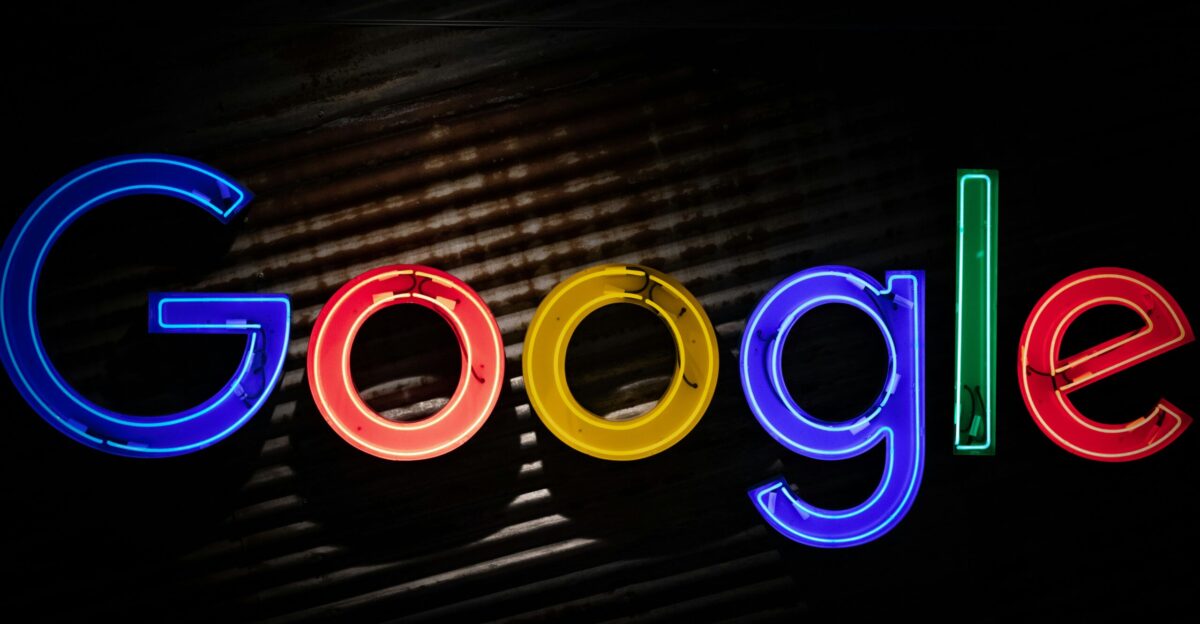
Regulators say Google’s dominance hinged on heavy-handed deals. Courts heard that Google struck multibillion-dollar pacts with Apple and Samsung to make Google the default search on their devices.
Such arrangements, prosecutors note, “prevented rivals from competing for users”.
The court was reminded that Google also bundles Chrome with Android at zero cost, further cementing its lock on mobile browsers.
In May 2025, a federal judge found Google to have illegally monopolized search, and DOJ lawyers insist divesting Chrome is now the only remedy that will truly “restore competition”.
The Bid That Shook Silicon Valley

Here’s where it gets interesting: Perplexity’s CEO Aravind Srinivas personally submitted the $34.5B offer to Google.
Perplexity’s Chief Business Officer Dmitry Shevelenko told The Times of India, “Multiple large investment funds have agreed to finance the transaction in full”. In other words,
Perplexity claims it has lined up backers ready to pay twice its own worth for Chrome. Importantly, the bid is all cash – no stock swap – and it was delivered just days before Judge Mehta’s expected ruling.
This move sent a shockwave: a tiny AI startup saying it could bankroll the largest antitrust breakup in decades. Even Wall Street noticed the spectacle; one tech blogger quipped it might be “the biggest publicity stunt in tech history.”
Global Impact
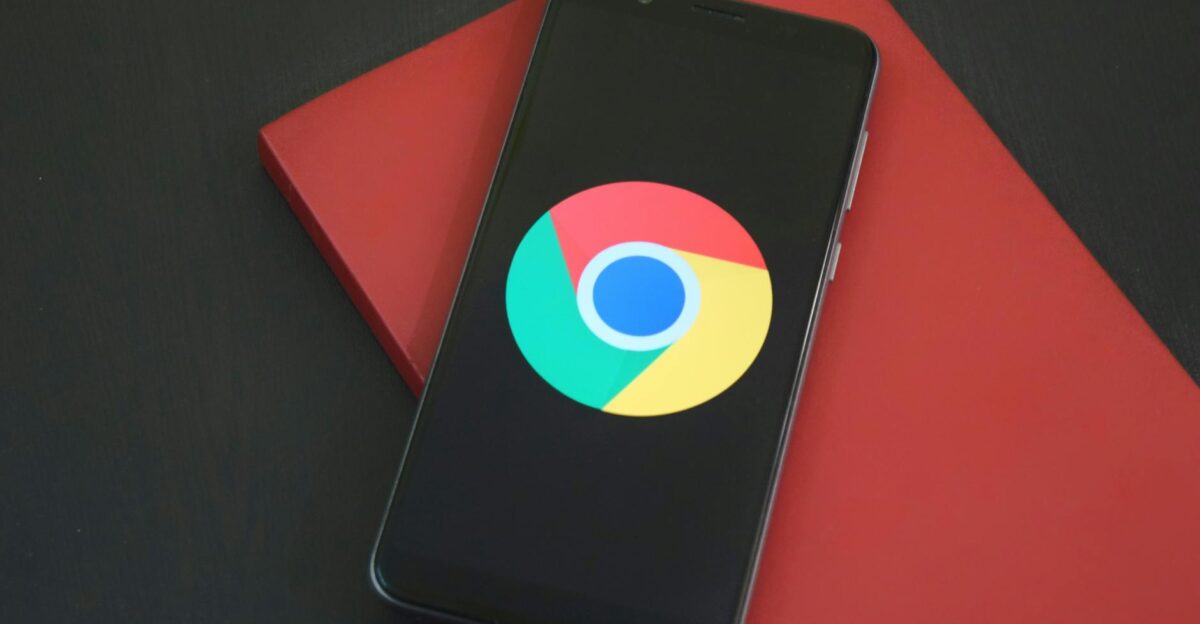
The sale of Chrome – if it ever happened – would affect billions of people. Chrome alone serves over 3.5 billion users worldwide.
In regions like South America, Chrome has almost 80% market share, and in much of Asia, it is similarly dominant.
That means any change in Chrome’s ownership or strategy would ripple across the global internet. Billions of users could see new defaults or features in their browsing experience.
Developers and businesses that rely on Chrome’s reach – from Gmail add-ons to web apps – would face a sudden new platform owner. In short, Chrome is not a niche product; it is the web’s primary gateway for a significant fraction of humanity.
Human Stakes
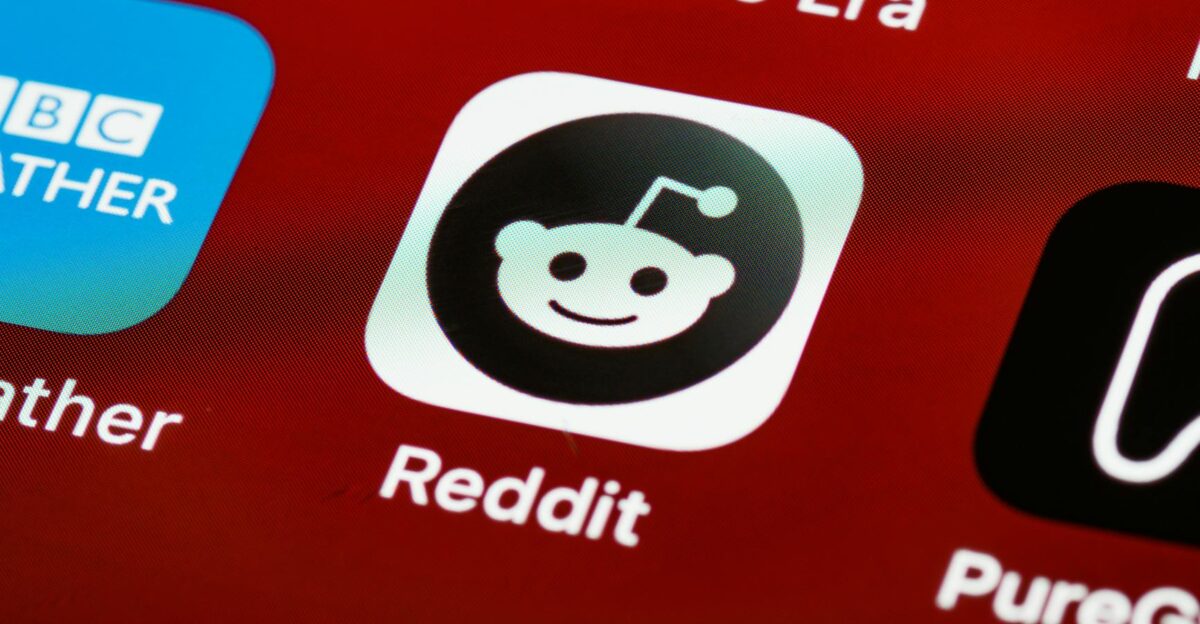
Unsurprisingly, people online reacted with bewilderment. One Reddit commenter captured the mood: “This is truly clown behaviour.” Another joked, “God give me half the confidence as Perplexity trying to buy Chrome.”
The skepticism is palpable: why would a startup dream of buying a product it didn’t even make? But not everyone laughed.
Some noted the legal logic: forcing the sale of a company asset typically requires proving a willing buyer exists at a fair price.
By making an unsolicited bid, Perplexity signaled to the court that Chrome could fetch a market price. As one onlooker noted in comments, “A judge is considering divestment.
Competitor Reactions
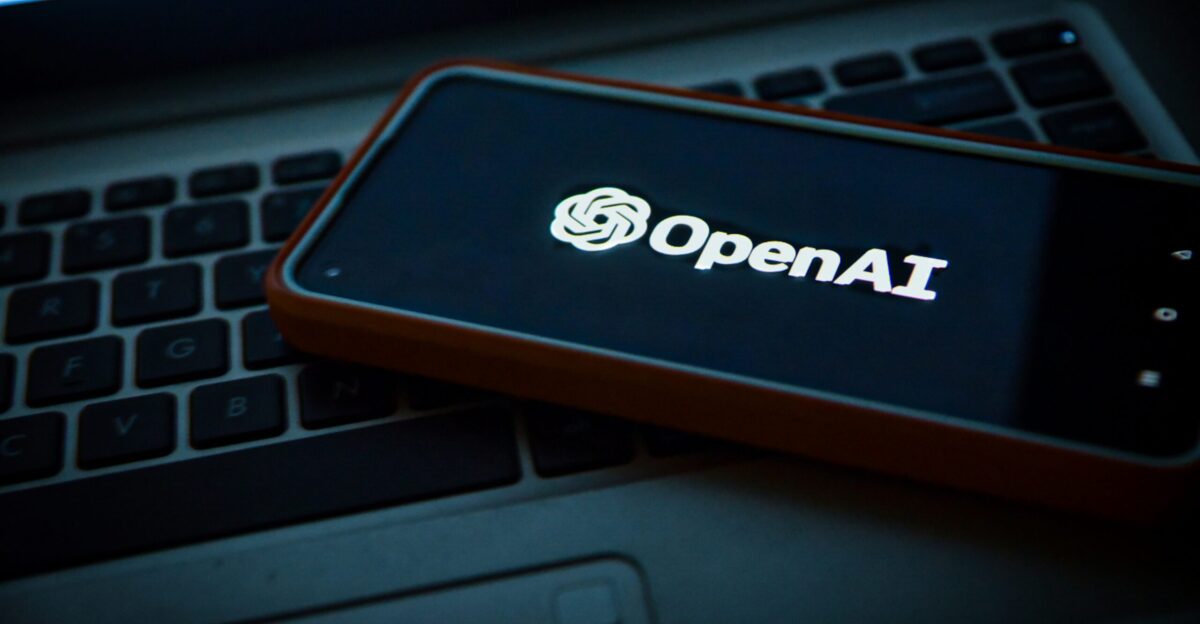
Rival AI and search firms have taken note. Reuters reports that besides Perplexity, companies like OpenAI, Yahoo and private equity Apollo have all signaled interest in buying Chrome.
DuckDuckGo’s CEO, Gabriel Weinberg, even testified earlier that Chrome’s value could exceed $50 billion in a forced sale scenario.
In that light, Perplexity’s $34.5B looks like a bargain offer. (OpenAI, for example, has publicly explored an AI-powered browser of its own, underscoring how seriously Silicon Valley treats Chrome’s strategic importance.)
Everyone from small search startups to Big Tech is mapping out what Chrome’s future might look like – with Perplexity now very much in the game.
AI Arms Race
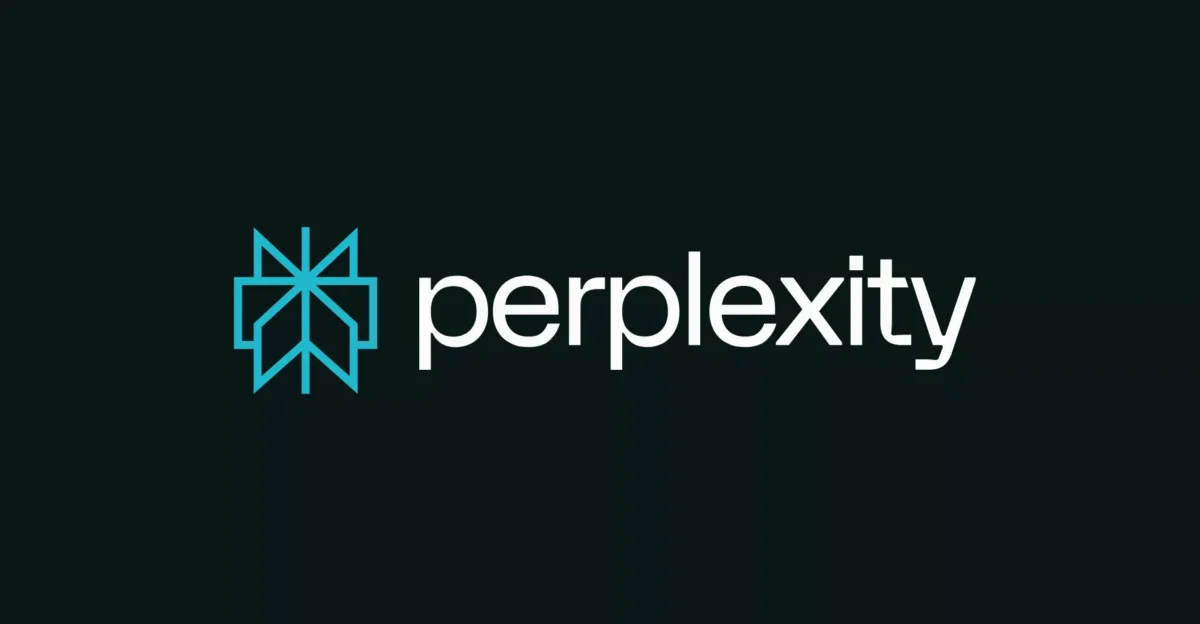
This bid is part of Silicon Valley’s broader AI battle. Perplexity, OpenAI, Anthropic and others are all vying to dethrone Google by reimagining search as a conversational, AI-driven experience. Perplexity argues that controlling Chrome’s 3+ billion users would give it a springboard against larger rivals.
As Reuters notes, Perplexity already has its own AI browser, and buying Chrome would grant it instant access to the billions of people who currently default to Google Search.
From Perplexity’s perspective, browsers are the “control point” of the AI era: an AI-native startup like Perplexity sees them as the new front line for delivering answers and ads.
Meanwhile, Google counters by pointing to its nascent AI search features (like AI Overviews) to defend its throne. In short, this tussle is as much about the future of AI search as it is about Chrome’s price.
A Concession That Surprised Everyone
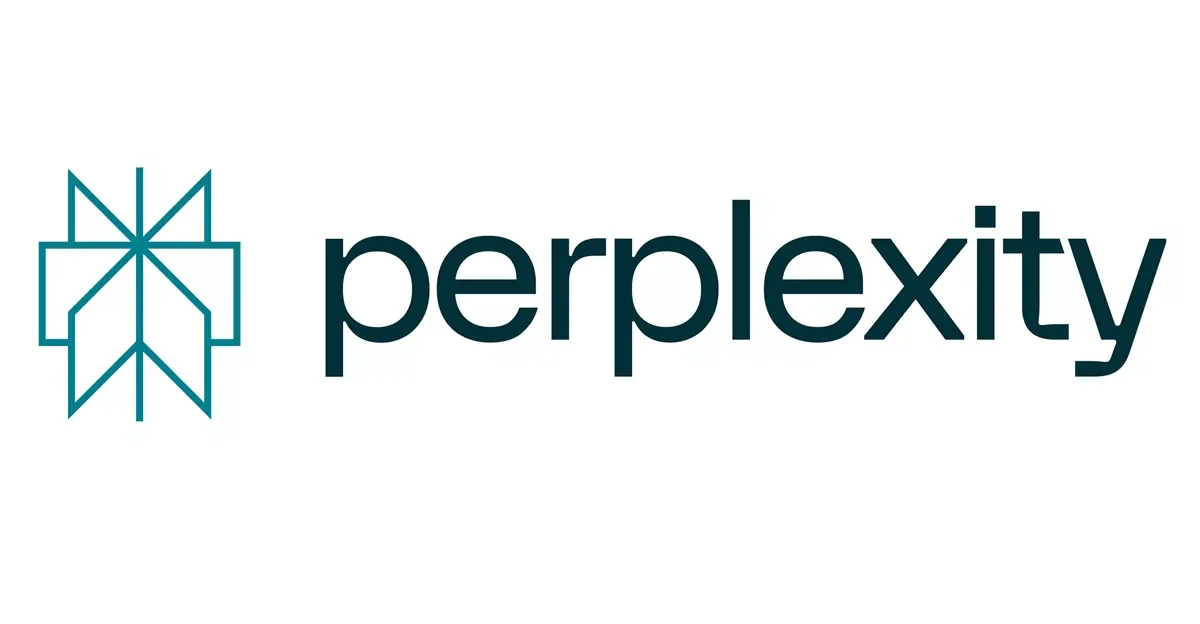
Meanwhile, Perplexity threw in some concessions. Its bid comes with unusual promises designed to ease regulatory fears. The company pledged to keep Chrome’s underlying Chromium code open-source, ensuring that any other browser can still use it.
It even said it would not change Chrome’s default search – meaning Google would remain the default option unless a user chose otherwise.
“This is part of our commitment to continuity and choice for users,” a Perplexity spokesperson explained.
Perplexity is also committed to pouring $3 billion into Chrome’s development over the next two years, and to extend offers to current Chrome engineers so their jobs and projects continue.
Internal Tensions
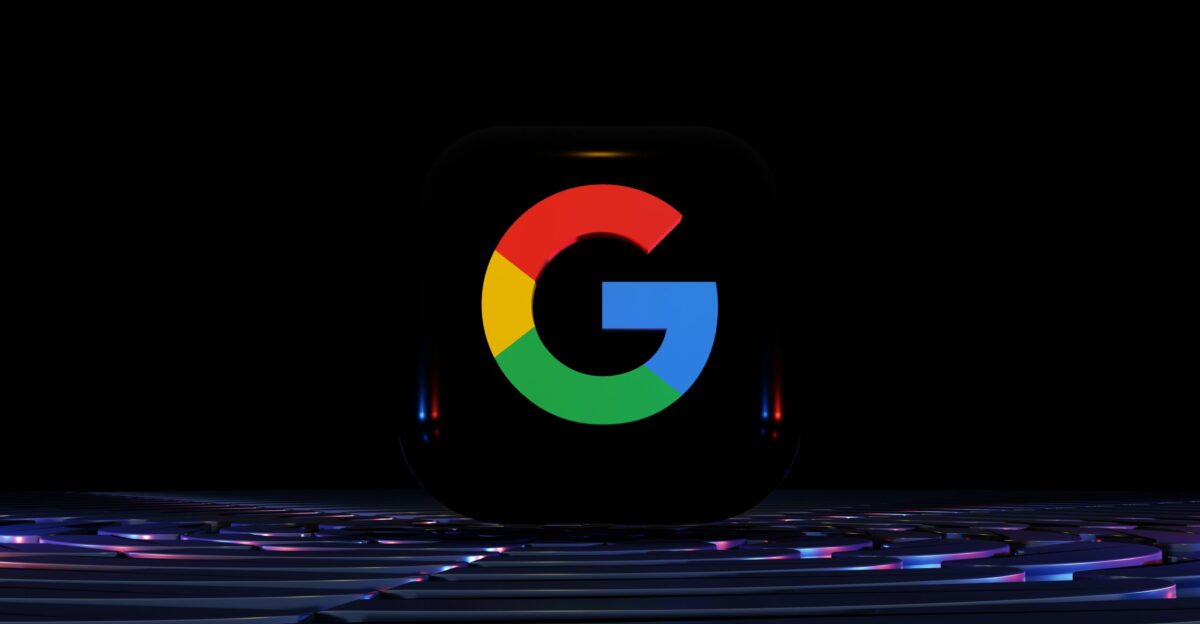
Unsurprisingly, Google’s leadership has been privately dismissive. Remember, Google has spent billions building Chrome – over the past decade, it poured at least $20B into the project and related infrastructure.
To them, Perplexity’s offer feels more like a media stunt than a credible takeover. In court and in the press, Google has characterized forced divestiture proposals as “unprecedented” and potentially harmful to users.
Inside Google, executives are said to be bracing for a fight: they have appealed to the D.C. Circuit and beyond to block any order to sell.
From their vantage, Chrome is a strategic linchpin (it feeds Google’s data engine and ad machine), so they’re prepared to defend it vigorously, legal fees be damned.
Leadership Shift

At the center of this storm is just a 31-year-old CEO, Aravind Srinivas. A Chennai-born technologist educated at Berkeley, Srinivas launched Perplexity after stints in academia and AI labs.
In barely three years, he’s turned his startup into a multibillion-dollar search engine contender. He’s no stranger to bold moves (earlier in 2025, Perplexity even bid to buy TikTok’s U.S. arm).
Now Srinivas finds himself at the negotiating table with the world’s richest company, all while leading a team of only a few hundred engineers.
His ascent illustrates the new dynamic in tech: an AI-native upstartgrabbing headlines and power that once belonged only to established giants.
Strategic Counter
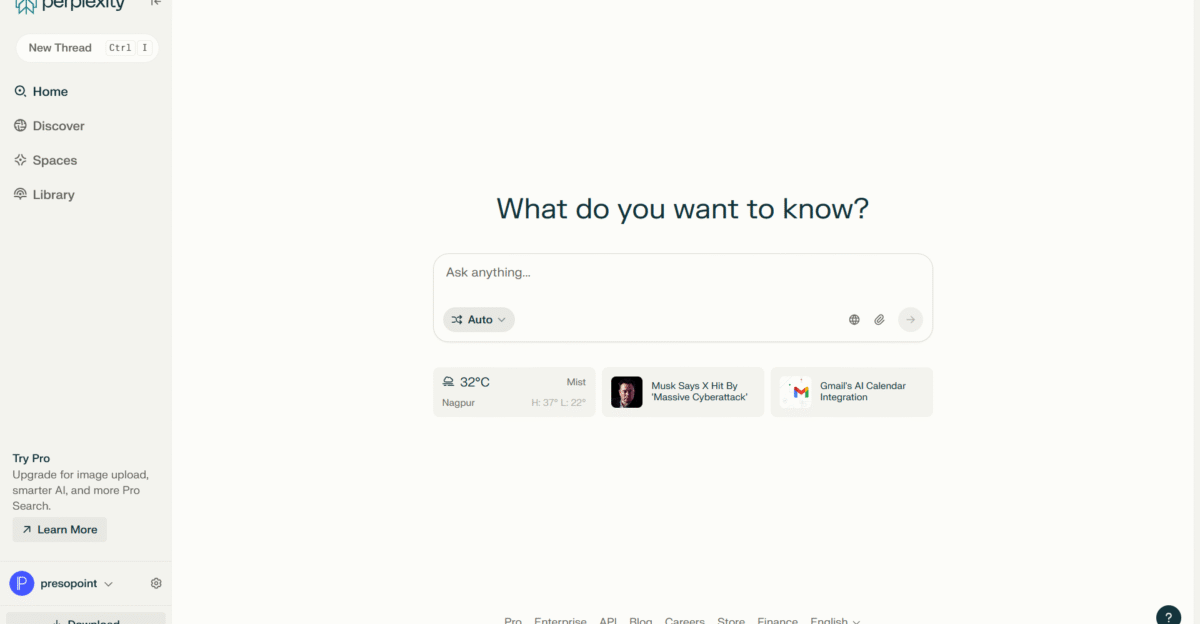
Perplexity has been preparing for this moment. In July 2025, it launched Comet, an AI-powered web browser meant to challenge Chrome head-on. Comet lets users ask questions and command the web conversationally, reflecting Perplexity’s belief that the browser itself is the next battleground.
Srinivas has likened Comet’s debut to the launch of Gmail – hoping the new product will draw the same kind of buzz.
Simultaneously, Perplexity has quietly been in talks with smartphone makers to have Comet pre-installed on new devices, aiming to chip away at Chrome’s mobile dominance.
Perplexity isn’t just offering to buy Chrome – it’s building alternatives in case Google refuses to sell.
Expert Skepticism
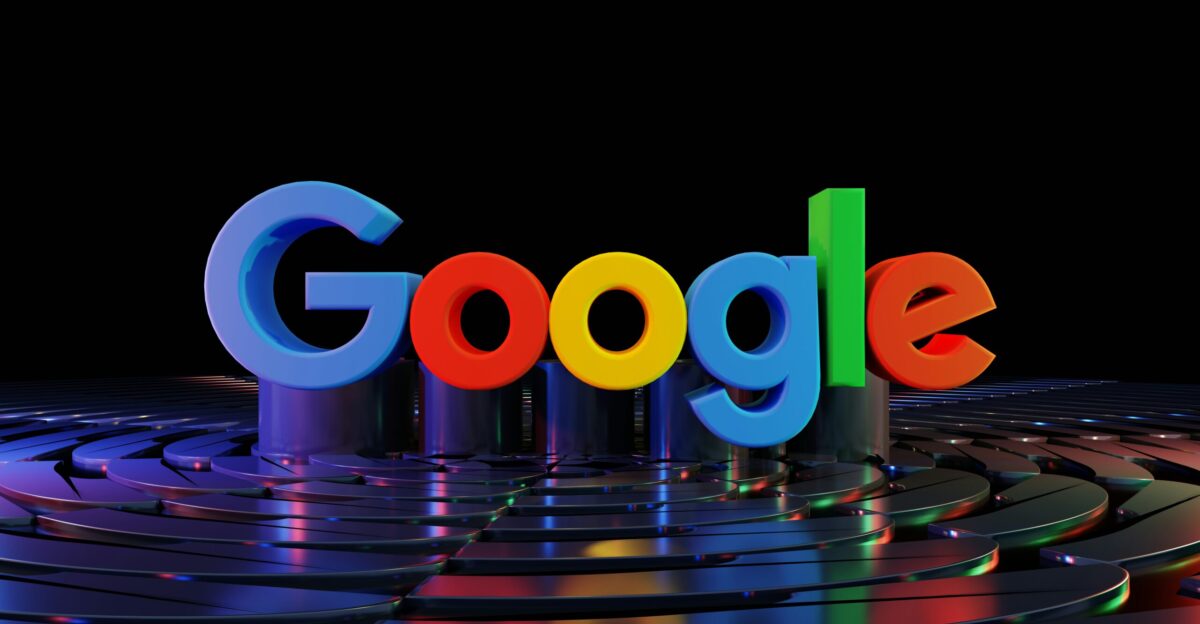
Many observers remain unconvinced. Wall Street analysts have called Perplexity’s bid “mostly mischief” – a bold gambit more than a serious transaction.
After all, Perplexity’s revenue (around $150M a year) is tiny compared to Google’s. Breaking up Google would require years of appeals, they say, and the final price tag for Chrome might be much higher than $34.5B anyway.
“It would go to the DC Circuit, which is skeptical of forced divestitures,” one antitrust expert noted, predicting the case could drag on into the Supreme Court.
Still, even skeptics admit that Perplexity’s ploy has forced everyone to take a fresh look at Chrome’s value.
Future Crossroads
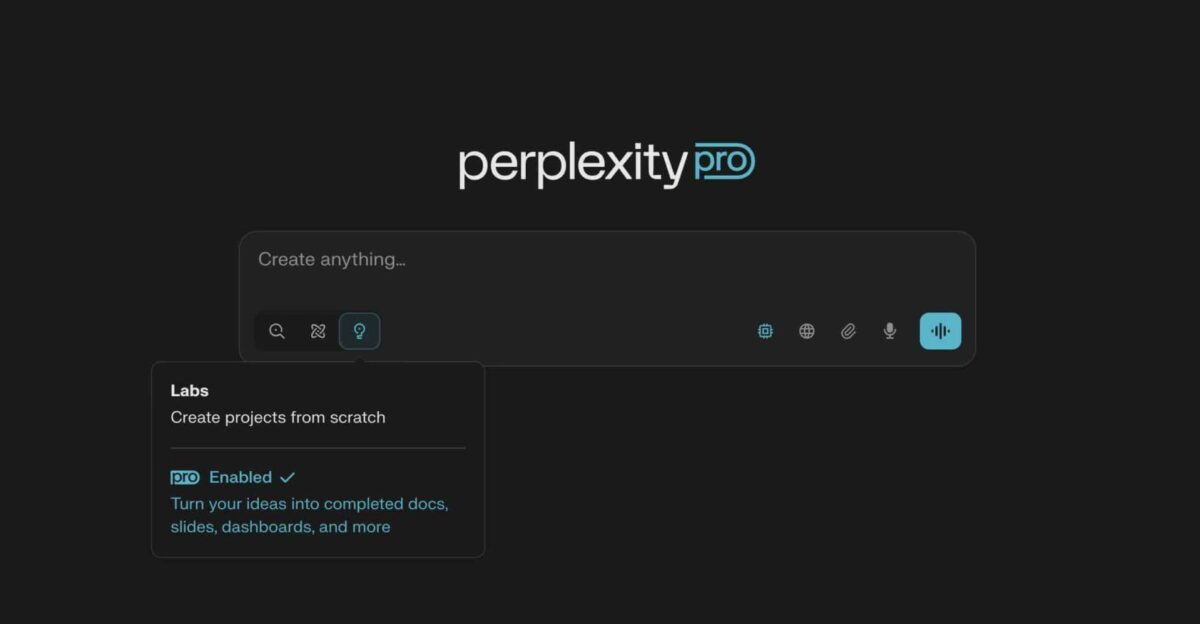
All eyes now turn to Judge Mehta’s looming decision. His ruling, due in August, will determine if Google must divest Chrome or face lesser penalties. Legal experts warn this could be the biggest breakup since AT&T in 1984.
If Chrome is split off, we could see the web’s primary gateway fall into new hands – radically changing how billions search and browse.
As law professor Herbert Hovenkamp put it, a sale won’t happen overnight: “Judge Mehta is a pretty orthodox guy.
It’s very possible he would hold off on requiring a sale until the appeals process is worked out and that could be a very lengthy period of time,” he said. In other words, the future of Chrome (and of Google’s grip on search) is now a high-stakes question of law and policy.
Policy Implications

This saga is a watershed for antitrust enforcement. If U.S. courts allow Google to be broken up here, it sends a signal that even the mightiest tech companies aren’t untouchable.
Regulators around the world are watching: Europe and Asia may feel emboldened to press their own cases against Amazon, Apple, Meta and others.
Some antitrust scholars note that digital monopolies operate differently (driven by data and defaults, not just price), so this case could rewrite how laws are applied.
Whatever Judge Mehta decides, the Perplexity bid has already reshaped the conversation about Google’s power and how to restrain it.
Global Ripple

Regulators worldwide are taking notes. In the EU, competition authorities have long railed against Google’s bundling tactics. India and Australia – where Google’s market share is also enormous – are preparing their own investigations.
If Chrome is forced onto the market, every country’s regulator will reconsider whether more aggressive interventions are needed.
Even in nations not directly part of the U.S. lawsuit, tech policy debates will now reference this case. The Chrome story has become a global bellwether: it’s prompting governments everywhere to ask,
“If Google can sell Chrome, should we force Amazon to spin off AWS? or Apple to drop Safari? or Meta to unbundle Instagram?” The answers could redefine Big Tech regulation for years to come.
Legal Evolution
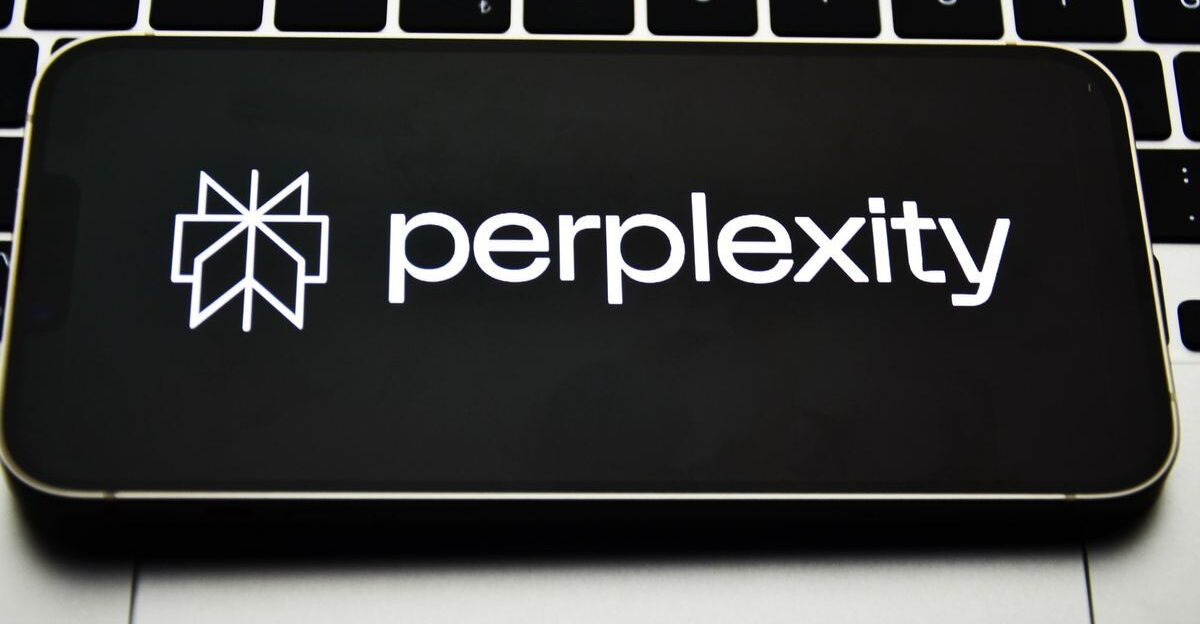
At a deeper level, this fight highlights how U.S. antitrust law is evolving. Traditional metrics (market share, price-fixing) aren’t a perfect fit for digital markets. Here we talk about platform effects, huge default payment deals, and control over data flows.
Some legal scholars argue we’re seeing a new playbook – where courts may break up a company not because it raised prices, but because it built an unassailable chokehold on user attention.
As one competition expert notes, Chrome is “a gateway to search,” and controlling that gateway can cement Google’s dominance over services that may themselves appear competitive.
The outcome of this case could thus establish a precedent for how courts interpret monopoly power in the AI and data age.
Cultural Shift
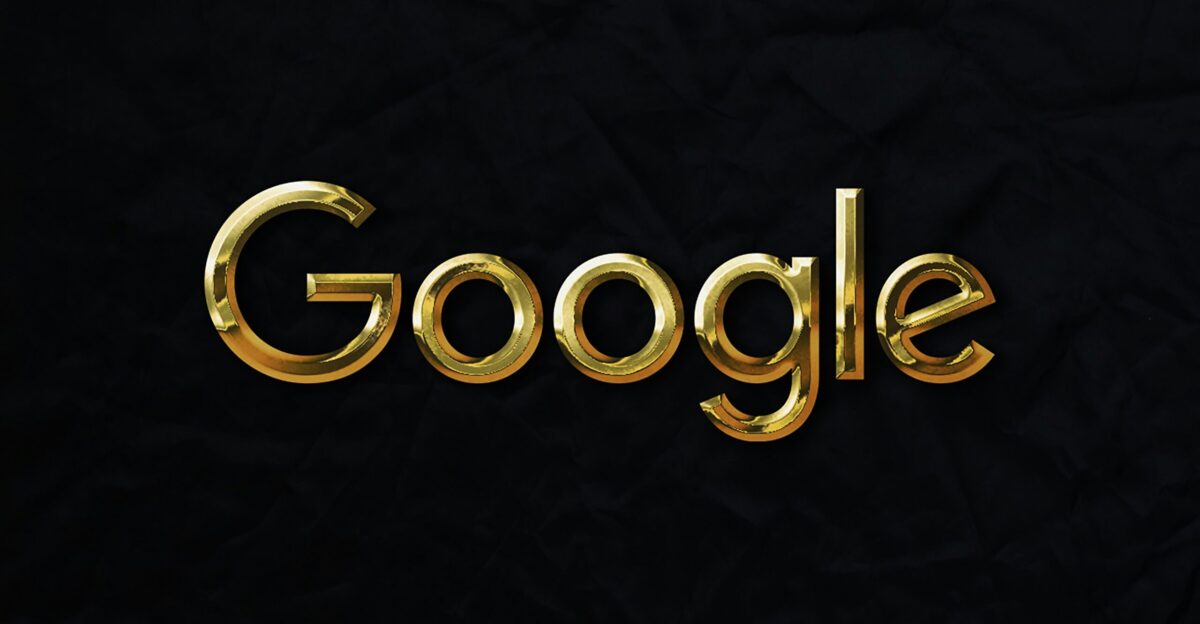
Finally, the drama reflects a broader shift in how people view tech giants. Younger users increasingly expect AI-driven assistants and bemoan default settings they didn’t choose.
Privacy scandals have made many question why one company knows so much about everyone’s browsing. In forums and on social media, comments often read like: “I didn’t ask for Google to run my life.”
Even if Chrome isn’t sold, the mere talk of it has users exploring alternatives (Edge, Firefox, Safari, and AI chatbots).
Perplexity’s bid has already nudged tech culture: it’s empowered users and rival developers to imagine a world where Google’s grip is weakened. The narrative has shifted from “there’s no alternative” to “maybe we can build one.”
Broader Reflection
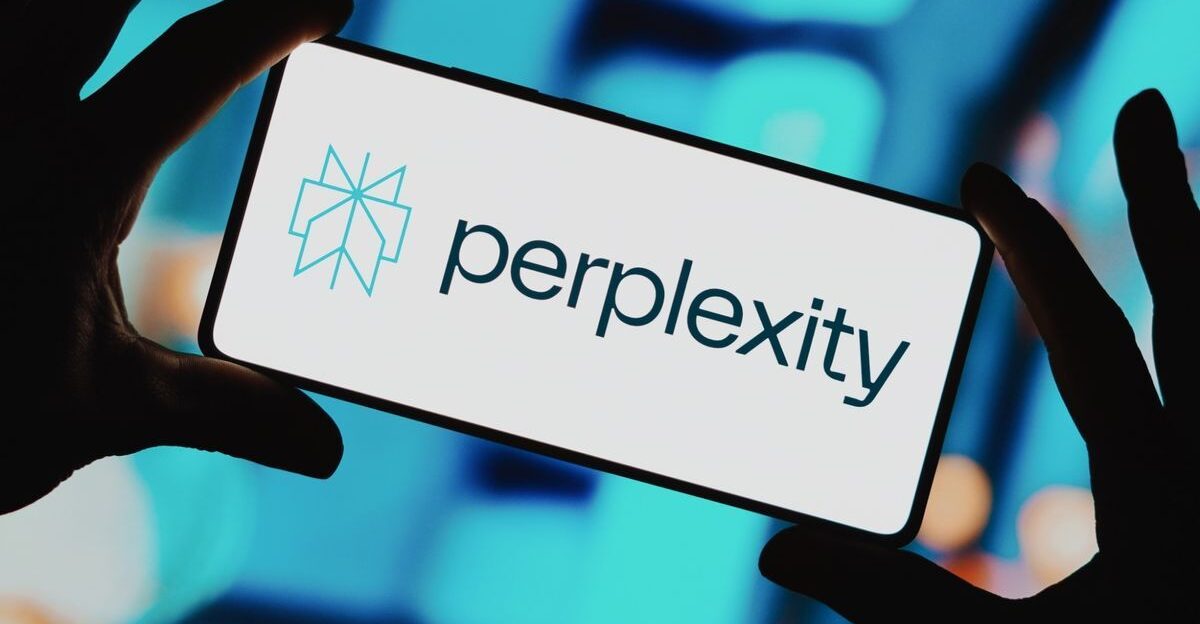
Whether or not Perplexity’s gamble succeeds, it may mark a turning point. An AI startup was able to credibly challenge one of Silicon Valley’s largest assets. Venture investor Marc Amigórecently observed that this episode shows “AI-native companies are willing to bet everything to rewrite the rules of search.”
The Chrome bid signals that the balance of power is changing: even small upstarts feel emboldened to challenge giants’ control over fundamental internet infrastructure.
If forced divestitures become reality, we could see the internet’s architecture become more distributed – with Chrome under new stewardship, default-search options proliferating, and Google’s direct pipeline to users loosened.
In the age of AI, today’s underdog bids may become tomorrow’s norm. As one industry observer put it, “The fact that a scrappy startup could swing at Google’s biggest property is a reminder that tech titans now face threats from unexpected directions.”